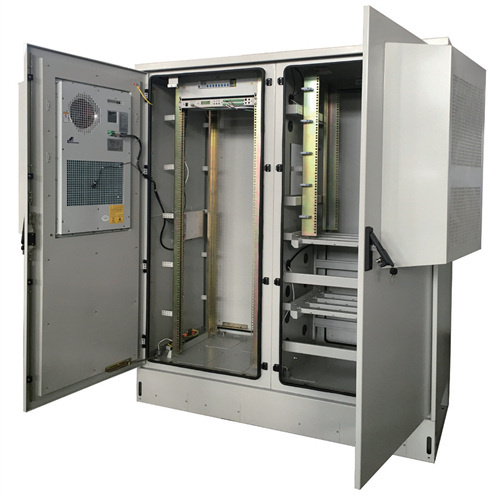About Electric vehicle and energy storage policy
Telangana State Electric Vehicle and Energy Storage Policy 2020-2030 strives to create a policy framework for the accelerated development of an Electric Vehicle and Energy Storage Systems’ ecosystem, comprehensively addressing both the demand and supply side gaps and laying emphasis on charging infrastructure creation.
As the photovoltaic (PV) industry continues to evolve, advancements in Electric vehicle and energy storage policy have become critical to optimizing the utilization of renewable energy sources. From innovative battery technologies to intelligent energy management systems, these solutions are transforming the way we store and distribute solar-generated electricity.
When you're looking for the latest and most efficient Electric vehicle and energy storage policy for your PV project, our website offers a comprehensive selection of cutting-edge products designed to meet your specific requirements. Whether you're a renewable energy developer, utility company, or commercial enterprise looking to reduce your carbon footprint, we have the solutions to help you harness the full potential of solar energy.
By interacting with our online customer service, you'll gain a deep understanding of the various Electric vehicle and energy storage policy featured in our extensive catalog, such as high-efficiency storage batteries and intelligent energy management systems, and how they work together to provide a stable and reliable power supply for your PV projects.
Related Contents
- Electric vehicle energy storage applications
- Energy storage in electric vehicles
- Electric energy storage system
- Energy efficient electric storage water heaters
- Electric thermal energy storage
- Low energy electric storage heaters
- Electric energy storage
- Energy storage policy forum
- Energy storage policy germany
- Charging ahead an energy storage guide for state policy makers
- Italy energy storage policy
- Tampa electric solar energy


